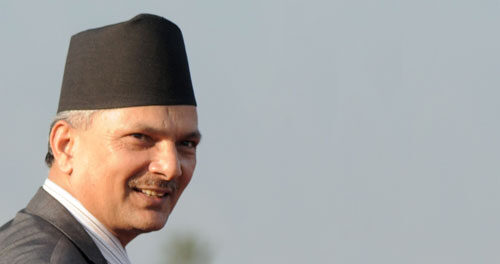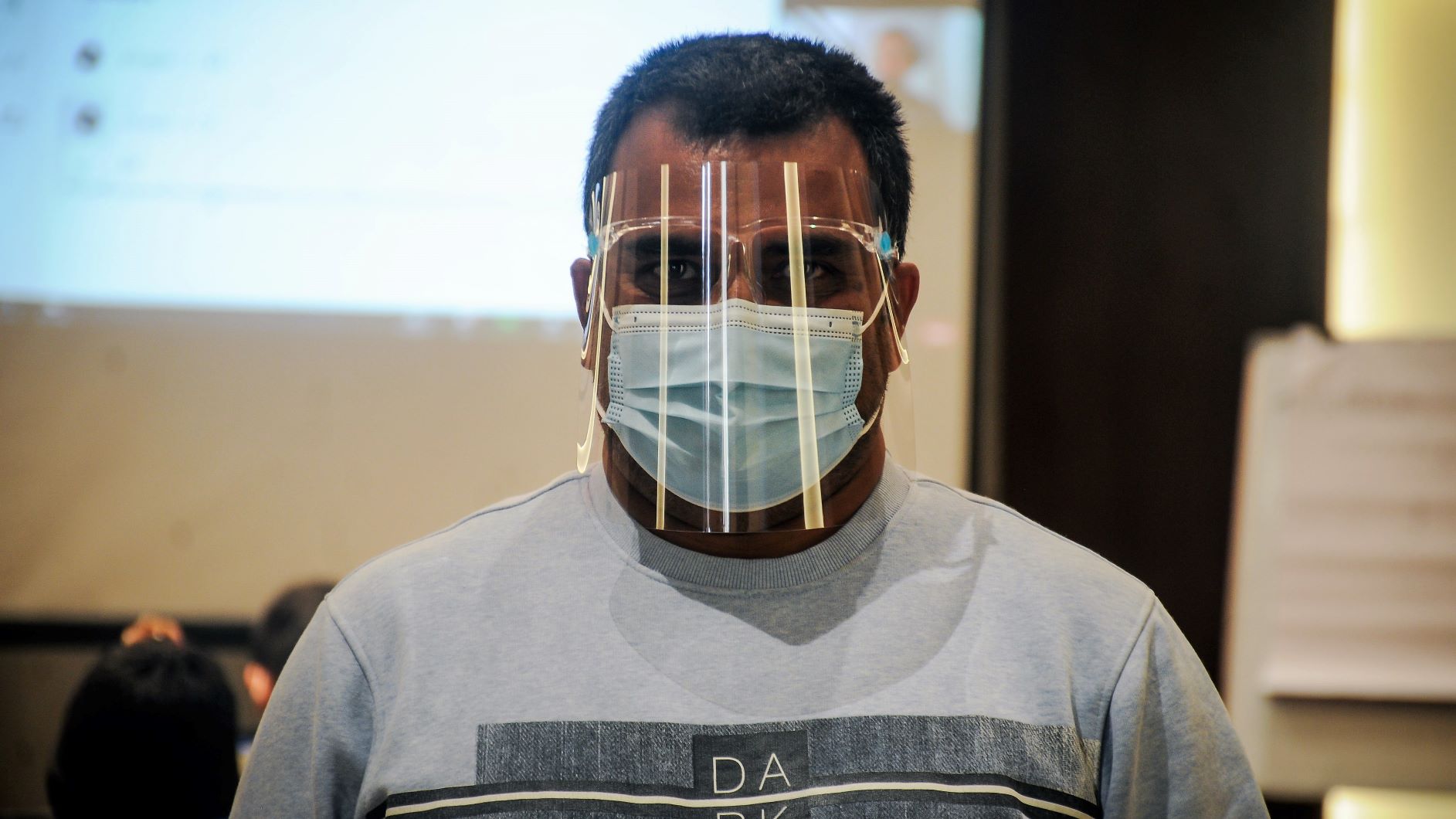Believe it or not, Nepali politics is dirty. Politics in underdeveloped countries such as Nepal is always dirty, because we, the people, and leaders rarely understand the essence of it. This is also true because for the politicians, their career and party generally come before the nation.
For the Maoists in Nepal, the most important thing right now is the terming of the President’s denial to obey their decision to sack army chief as ‘unconstitutional’ – for them: it’s the prime priority; it does not matter even if the constitution is not written or the peace process does not go forward.
What difference does it make to the dead, the orphans and the homeless, whether the mad destruction is wrought under the name of totalitarianism or the holy name of liberty or democracy?
– Mahatma Gandhi
For me, a Nepali, terming the move does not matter. If they think it’s unconstitutional, ensure that it’s explicitly written in the new constitution.
For Nepali Congress, it’s ‘not unconstitutional’. Come on, what if Dr Ram Baran Yadav resigns and we get a new president if it’s termed ‘unconstitutional’.
As for me, Yadav and everyone of those 14,000 killed during the Maoists’ War are equal and, as the people’s leader, Yadav should be happy to resign if that means a great way forward for the nation’s most important tasks!
Democracy is the substitution of election by the incompetent many for appointment by the corrupt few.
– George Bernard Shaw
We have proved it. Theoretically, people’s voices count loud in democracy. Not in Nepal’s democracy though. No matter how much years current Prime Minister Madhav Kumar Nepal had given for his political career, he was the ‘unchosen one’ from two constituencies.
No matter how good he is performing, he should not have been appointed the top post to lead the people.
Ditto to Sujata Koirala, the newly appointed Deputy Prime Minister. What a mockery of democracy the oldest leader of the oldest party, and of the nation for that matter, has made?
Incompetent people have chosen ‘the incompetent few’ – as proven by the cry the great leaders of the party are making after she, the most applicable qualification of her being the daughter of the ‘almost great leader’ took oath of office.
The jokers (as the father had made them) were left issuing press release opposing the appointment. If the party cannot have internal democracy, how could they promise us a democracy?
It has been said that democracy is the worst form of government except all the others that have been tried.
– Sir Winston Churchill
But we have no choice! Democracy is the lone choice and those leaders are the only candidates on offer. Even if among all those 600, we have a few good one, they stand nothing more than a mere follower of the greats – as in a herd of sheep!
But, as incompetent as we are or as foolish as we are, all these things will be forgotten when the election comes and we will either be Kangressi, Yemale or Maobadi – voting for them closing eyes on what they did or who is the candidates.
The greatest mockery of the democracy was/will be made by not the ‘corrupt few’ but the ‘incompetent many’!



